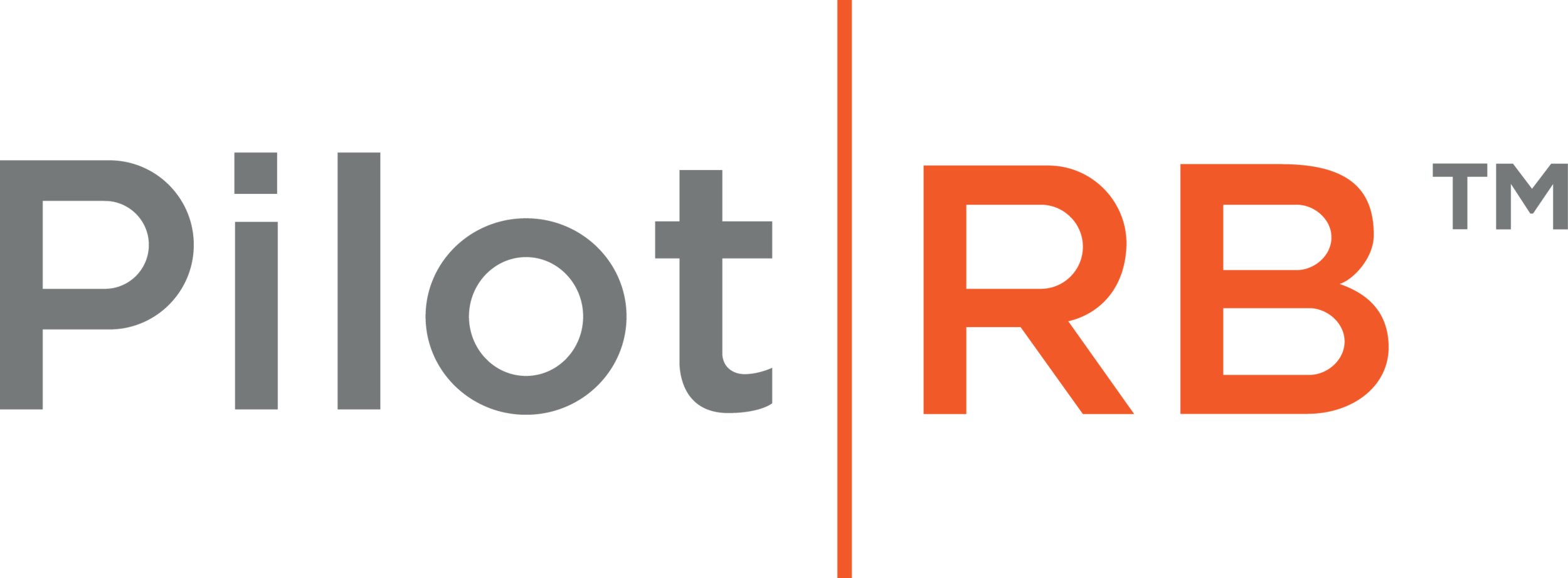An Employer's Guide to Student Loan Forgiveness and SCOTUS
In recent years, student loan debt has become a significant barrier for many Americans to achieve their financial goals. In fact, according to Student Loan Hero, the total student loan debt in the US has exceeded $1.6 trillion. This has led to many borrowers seeking relief through student loan forgiveness programs. In this blog post, we’ll discuss student loan forgiveness and the recent developments in SCOTUS that impact employers and HR professionals.
Student loan forgiveness is a program that allows borrowers to have a portion or all their student loan debt forgiven. There are several types of student loan forgiveness programs, including Public Service Loan Forgiveness (PSLF), Income-Driven Repayment Forgiveness, and Teacher Loan Forgiveness. PSLF is granted to those who work in a non-profit or government agency while making consistent payments on their loans. The Income-Driven Repayment Forgiveness program allows borrowers to make lower student loan payments based on their income, and after paying for 20 or 25 years, their loan balance can be forgiven. The Teacher Loan Forgiveness program grants forgiveness of up to $17,500 in federal loans for eligible teachers working in low-income schools.
Recently, SCOTUS ruled in favor of a student loan borrower in Thole v. US Bank. The court found that an employer is acting within a fiduciary capacity simply by offering investment options. Some experts speculate that this sweep for American Worker’s retirement plans ease the way for employers to be gatekeepers for specific PSLF programs, resulting in advantageous consequences for employees who may ever find themselves in a program.
As an employer, you may participate in the PSLF pre-approval process by certifying your workers’ employment status and providing salary information, which is required to facilitate document submission by the student loan holder. Employers can also help eligible employees enroll in different loan forgiveness programs by making information available in employer-sponsored benefits materials or hosting information sessions. Finally, offering student loan repayment assistance is also an option, one considered attractive to top talent in the midst of a sea of job openings.
The student loan debt crisis is not something that can be quickly resolved, but employers are in a unique position to assist employees. While participation in student loan forgiveness programs does not fall under an employer’s mandatory obligation, it should still be considered an essential step to attracting and retaining top talent for a happier workforce environment. It’s also a socially responsible way to help your employees pay off their debt so that they can focus on life goals that may otherwise be unreachable.
